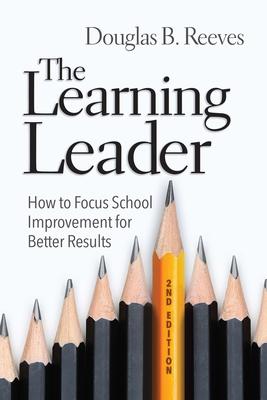"We can't do that in our school district." Sound familiar? School improvement can often feel like a losing battle, but it doesn't have to be.
"I don't have time to add that to my curriculum."
"We're fighting against impossible odds with these students."
A critical key is recognizing student achievement as more than just a set of test scores. Reeves asserts that when leaders focus exclusively on results, they fail to measure and understand the importance of their own actions. He offers an alternative--the Leadership for Learning Framework, which helps leaders identify and distinguish among four different types of educators and provide more effective, tailored support to
- "Lucky" educators, who achieve high results but don't understand how their actions influence achievement.
- "Losing" educators, who achieve low results yet keep doing the same thing, expecting different outcomes.
- "Learning" educators, who have not yet achieved the desired results but are working their way toward excellence.
- "Leading" educators, who achieve high results and understand how their actions influence their success.
Reeves stresses that effective leadership is neither a unitary skill nor a solitary activity. The Learning Leader helps leaders reconceptualize their roles in the school improvement process and motivate themselves and their colleagues to keep working to better serve their students.
